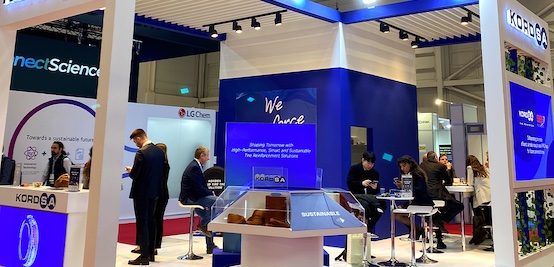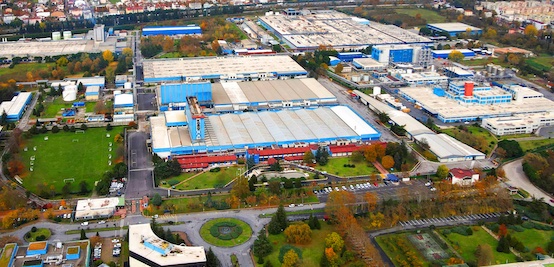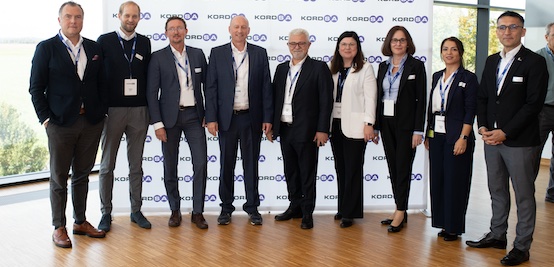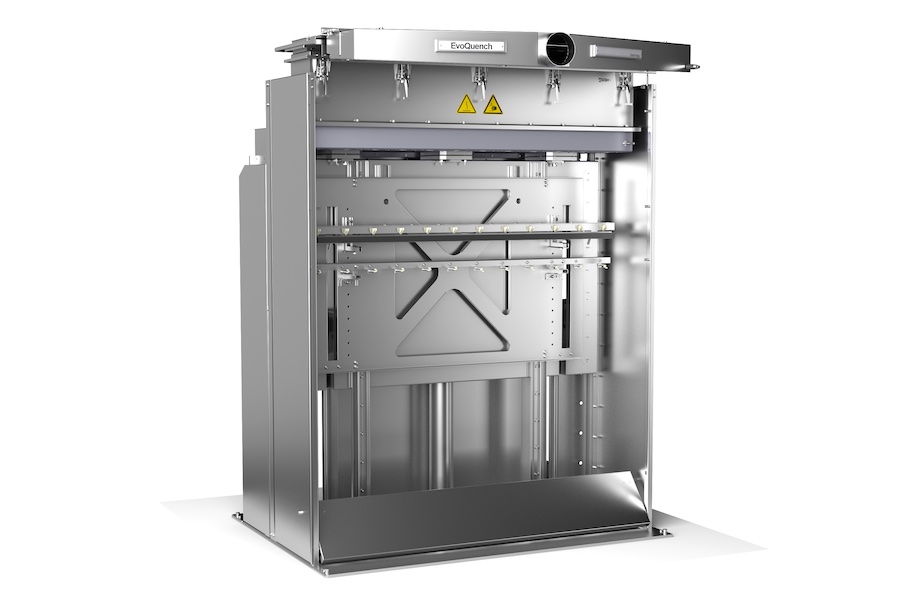#Recycling / Circular Economy
Kordsa’s circular production model accredited with ISCC Plus Certification

Kordsa, a subsidiary of Sabanc? Holding, continues to showcase excellence in sustainability. Achieving a ‘Gold Medal’ status by EcoVadis and committed to reducing its emissions by 46.2 percent by 2030 with the road map approved by the 'Science-Based Targets initiative (SBTi),' Kordsa's sustainability initiatives have once again been validated, this time by ISCC, one of the most esteemed certification programs globally.
Established in 1973, Kordsa's Izmit facility, which is the company's first production plant worldwide, and a hub for valuable product exports in the field of tire reinforcement, has been awarded the ISCC Plus Certificate. This certification solidifies Kordsa's commitment to international sustainability standards, specifically endorsing the eco-friendly production of recycled polyester yarn, single cords, and cord fabrics within its product range.
Kordsa's tire reinforcement technologies with recycled polyester content, a significant element of the company's circular economy approach and sustainable product range, contribute to the integration of end-of-life materials into the production cycle. With this model, Kordsa is prepared to provide low-carbon products to tire manufacturers in the global market.
Salih Kahraman, Chief Operating Officer of Kordsa EMEA region, remarked: “Today, at Kordsa, we consider technology and sustainability as two essential cornerstones that serve the same purpose, guiding us towards a more livable future. In this context, as we continuously enhance our production processes and product portfolio under the light of advanced technology, we prioritize ensuring that our technological competence generates lasting value for all our stakeholders in the field of sustainability. Regarding the ISCC Plus certification received by our Izmit facility, we perceive it not only as a document that positions us advantageously in global competition but also as a testament to our commitment to the Science-Based Targets Initiative. In addition, the certification is a clear declaration of our determination as we progress toward our interim targets for 2030 and our net-zero goals for 2050. We will continue to ‘reinforce life’ with sustainability.”














